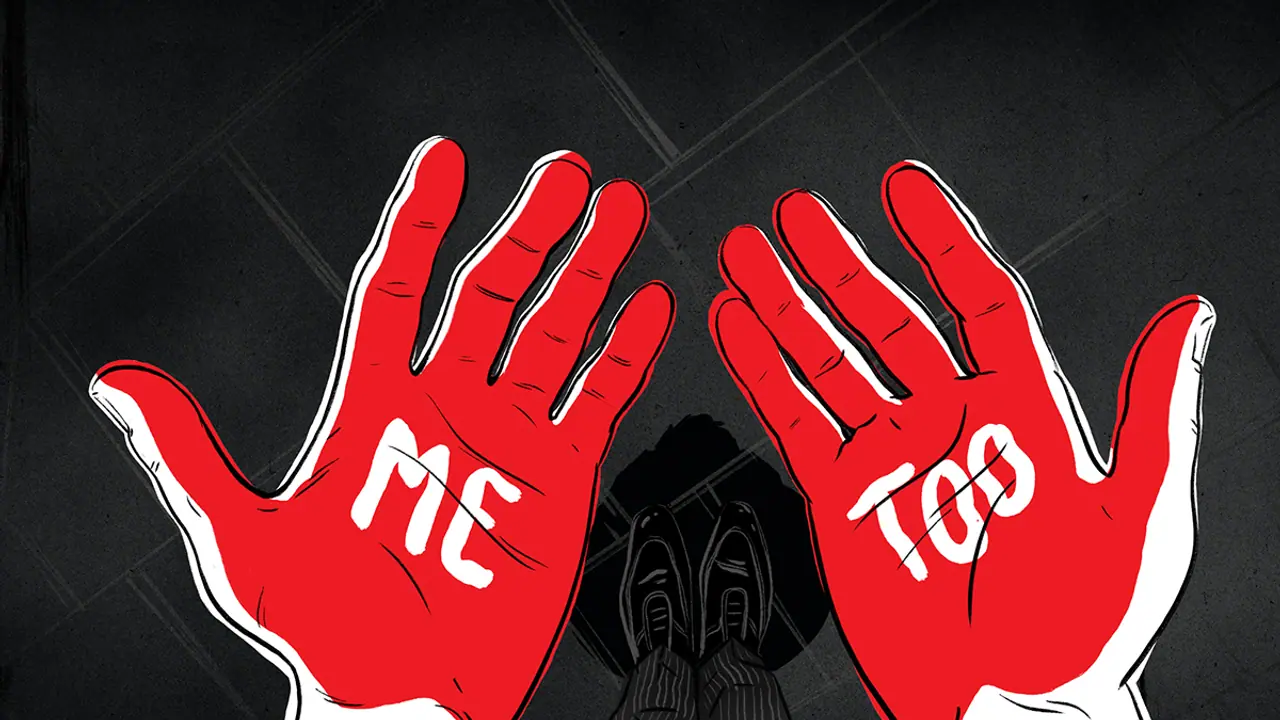Unless the victim comes forward to lodge a complaint, the women's commission wouldn't know whether the victim wants to take a legal recourse. A mere hashtag #MeToo takes society nowhere
Having been in the field of journalism for almost 16 years, I have been asked many times if I too have a #MeToo story.
Yes, plenty of them.
But then again, I am asked why don't I share it and be a part of this massive movement?
That's because I had dealt with it then and there.
Amidst the #MeToo allegations flying thick and fast, many are questioning the legitimacy of accusations made on social media. All the naming, blaming and shaming aside, it is natural to suppose that a victim would want to see the perpetrator punished by law.
“Unless the victim comes forward to lodge a complaint, the commission does not know if the victim wants to take a legal recourse,” says Rekha Sharma, chairperson of the National Commission for Women (NCW). In the absence of which, she adds, “Then what's the point of this hashtag?”
A #MeToo victim, whom I spoke to yesterday, wishes to remain anonymous because of the immense pressure on her to lodge a complaint. Why? Sharma offers a clue, “The sole idea behind naming this accused on social media is to make him uncomfortable in his workplace as well as his personal life." That’s it?
But the adage that the road to hell is paved with good intentions may just hold true in such a scenario. While the campaigners may be well-meaning, the sharing stories on social media without any official steps taken to tackle the grievance makes it come across as a fad or, worse, a witch-hunt.
Filmmaker Richa Khandelwal Bhat agrees. She says, "Without any jury, proper hearing of the truth from both sides, we are out tainting people, which in Indian Penal Code is a punishable offence such as defamation. As a staunch feminist, I am vehemently against exploitation."
The non-accountability of the allegations may make #MeToo a convenient platform to demonise people. We can only hope that #MeToo does not end up defaming genuine accusations because of a few individuals who are out to settle personal scores with this hashtag.
#MeToo started last year in Hollywood. It pervaded Bollywood and the television industry in India in the last 15 days when actor Tanushree Dutta called out actor Nana Patekar for sexually harassing her during a shoot.
Dutta, however, has refused to issue a complaint in writing to the NCW. Sharma claimed that she had tried her best to persuade Dutta, but her efforts proved futile.
Consider another case. "I was raped by my boyfriend when I was 16. I have spoken about it to his friends. And it ends there. I just can't see him behind bars. I am satisfied just telling his near and dear ones that he is not that great person they think he is," says Pooja, playwright-activist.
This renders the NCW handicapped, unable to take any case forward. Sharma promised that the commission would carry its own inquiry and inform the police if approached with an individual complainant.
We talk about women empowerment, but everybody chooses naming and shaming, refusing to proceed legally. Ironically, the NCW is criticised for remaining silent on the movement.
"I have no faith in the police and the judiciary," say some. There are others who also say that they have no faith in the NCW.
"Women have no confidence in the commission. The NCW open a window for any of the victims to come forward. The commission must promise to have a procedural law in place," said Kumar Jahgirdar, president, Children's Rights Initiative for Shared Parenting (CRISP).
A difficult struggle like #MeToo can, unfortunately, end with a whimper.
